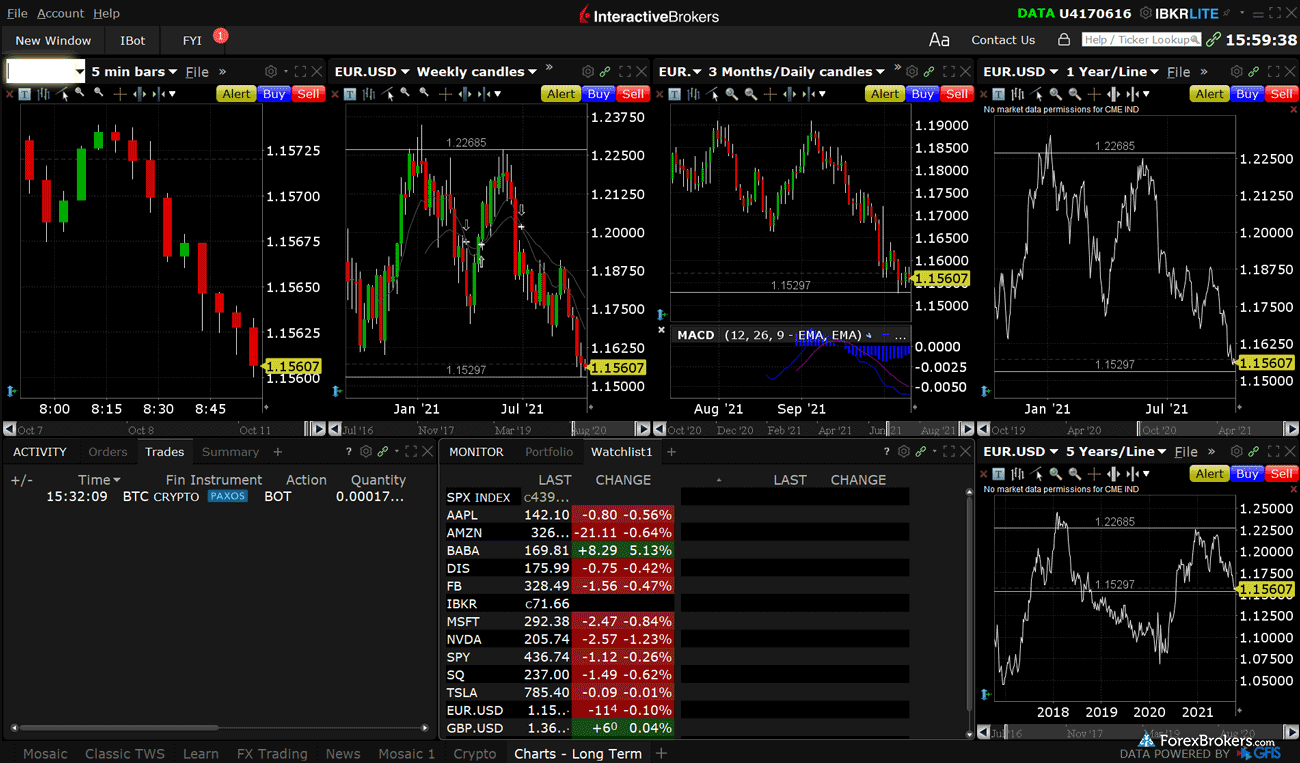The financial markets have evolved dramatically over the years, and so have the methods used to trade them. In recent times, the digital age has brought about more opportunities for people to access the financial markets with the advent of online trading platforms. One of the most popular products offered by these platforms is contracts for difference or CFDs. CFD brokers have evolved significantly over the years, and in this blog post, we will examine the evolution of CFD broker in the digital age.
The Early Years of CFD Trading:
CFD trading first came to life in the early 1990s in London as a way for institutional investors to hedge their positions without having to own the underlying assets. In these early days, trading was done via phone or fax, and there were only a handful of CFD brokers offering this service. These brokers worked primarily with high net worth individuals, and the fees were quite high.
The Role of Technology on CFD Brokers:
The advent of the internet revolutionized CFD trading, and brokers started offering their services online. This made trading more accessible to the masses and significantly reduced the barriers to entry. The adoption of technology also meant that trading platforms became more user-friendly, and traders could take advantage of a wide range of functionalities and trading tools.
Regulation of CFD Brokers:
In the early days of CFD trading, regulation was minimal, and traders had to rely on the reputation of the brokers they used. However, this has changed significantly over the years. Today, cfd broker are highly regulated, and many countries have strict rules and regulations governing their operations. This has been a positive development, as it ensures that traders can have confidence in the brokers they use and reduces the risk of fraudulent activities.
The Emergence of Social Trading:
Social trading has emerged as a significant trend in recent times, and it has revolutionized the way traders interact with one another. With social trading, traders can connect with each other, share their strategies, and even copy and follow successful traders. This has been a game-changer for novice traders who can learn from experienced traders. The availability of social trading has also made CFD brokers more transparent and accountable, as traders can share their experiences with each other.
The Future of CFD Brokers:
CFD brokers are likely to continue to evolve in the digital age, with technology playing a crucial role. We can expect to see more sophisticated trading platforms that offer advanced tools and analytics. The adoption of artificial intelligence and machine learning will also play a significant role in the evolution of CFD brokers. We can also expect to see increased collaboration and partnerships between CFD brokers and other fintech companies to offer more innovative products and services to traders.
Conclusion:
The evolution of CFD brokers in the digital age has been remarkable, and we will likely see even more significant changes in the years to come. The role of technology has played a crucial role in the democratization of trading and has made it more accessible to the masses. The increased regulatory environment ensures that traders can have trust and confidence in the brokers they use. With the adoption of social trading, traders can share their experiences and learn from each other. As we look to the future, CFD brokers will continue to evolve and offer innovative platforms and services that cater to the needs of traders.
